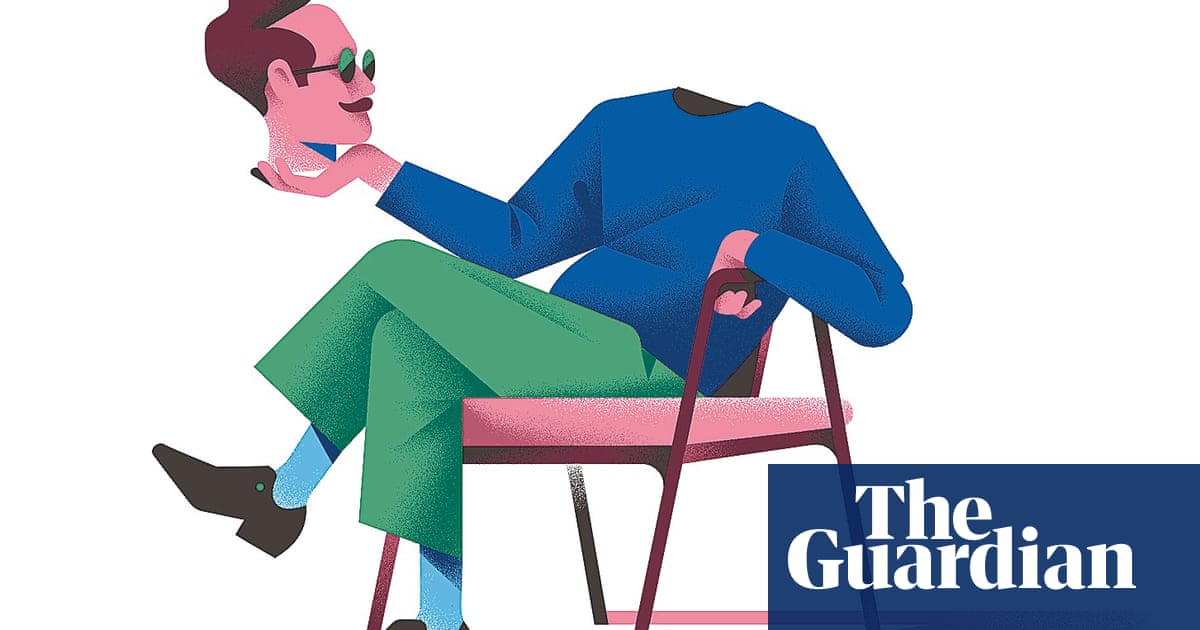
In what undoubtedly qualifies as one of the sickest burns in modern politics, Denmark’s finance minister, Kristian Jensen, observed last year, “There are two kinds of European nations: there are small nations and there are countries that have not yet realised they are small nations.” Jensen’s not-so-veiled swipe at Britain was more accurate than he knew. In a recent study, people from 35 nations were asked “What contribution do you think the country you are living in has made to world history?”: 0% meant none, 100% meant they were responsible for all of it. The average British answer was 55% – a level of self-importance exceeded only by Russia, at 61%. The Swiss came bottom at 11%; the Americans, despite a reputation for national egomania, at a relatively modest 30%. Of course, there’s no way to measure a country’s true “percentage of history-making”, as Jesse Singal put it on the Research Digest blog. But we can be sure that people wildly overestimate their own: added up, the averages from each country came to 1156%.
Look around and you might conclude we could do with much less “national narcissism”, as the study labels it, and less of the individual variety, too. But the fact that it’s so universal (let’s face it, even that Swiss percentage is surely far too high) suggests a caveat. While too much narcissism is unhealthy, for nations and individuals alike, a certain degree of inflated self-regard may be natural, even necessary. Wouldn’t it be psychologically crushing to go through life with an absolutely objective understanding of how little you and your country matter today, let alone in the context of history? National narcissism may be a bit like the (admittedly controversial) idea of “depressive realism”, which suggests that depressed people have a more accurate sense of their ability to influence events than the non-depressed. With a genuine idea of your own importance, it might be hard to get out of bed in the morning.
It was the Austrian-American psychoanalyst Heinz Kohut who first fleshed out the idea of “healthy narcissism”, arguing that babies and toddlers naturally see themselves, and their parents, as the omnipotent centre of the universe. Growing up is a process of gradually coming down to earth: qualifying your godlike illusions with the realisation that others have valid needs and demands, while retaining a strong sense of your own worth.
On this theory, narcissism becomes a problem only when certain early experiences, like a lack of parental empathy, make you cling to the centre-of-the-universe fantasy into later life. That’s an exhausting way to live, because reality will constantly frustrate your demand that everyone and everything conform to your desires. The unhealthy narcissist’s secret fear is that if he’s not God, he’s nothing. The healthy narcissist knows the middle way: seeing yourself as somewhat more important than perhaps you really are, but not to the extent you can’t get on with others (who exaggerate their own importance, too). You can feel “on top of the world” without imagining you really are. We could all aspire to the kind of pre-eminence encapsulated by that self-effacing Kiwi advertising slogan, “world famous in New Zealand”.
Read this
Do nations have their own psychologies? In Crazy Like Us (2011), Ethan Watters argues that they did until the spread of American culture homogenised the ways the world experiences mental illness.
This article contains affiliate links, which means we may earn a small commission if a reader clicks through and makes a purchase. All our journalism is independent and is in no way influenced by any advertiser or commercial initiative.
The links are powered by Skimlinks. By clicking on an affiliate link, you accept that Skimlinks cookies will be set. More information.
TheGuardian
